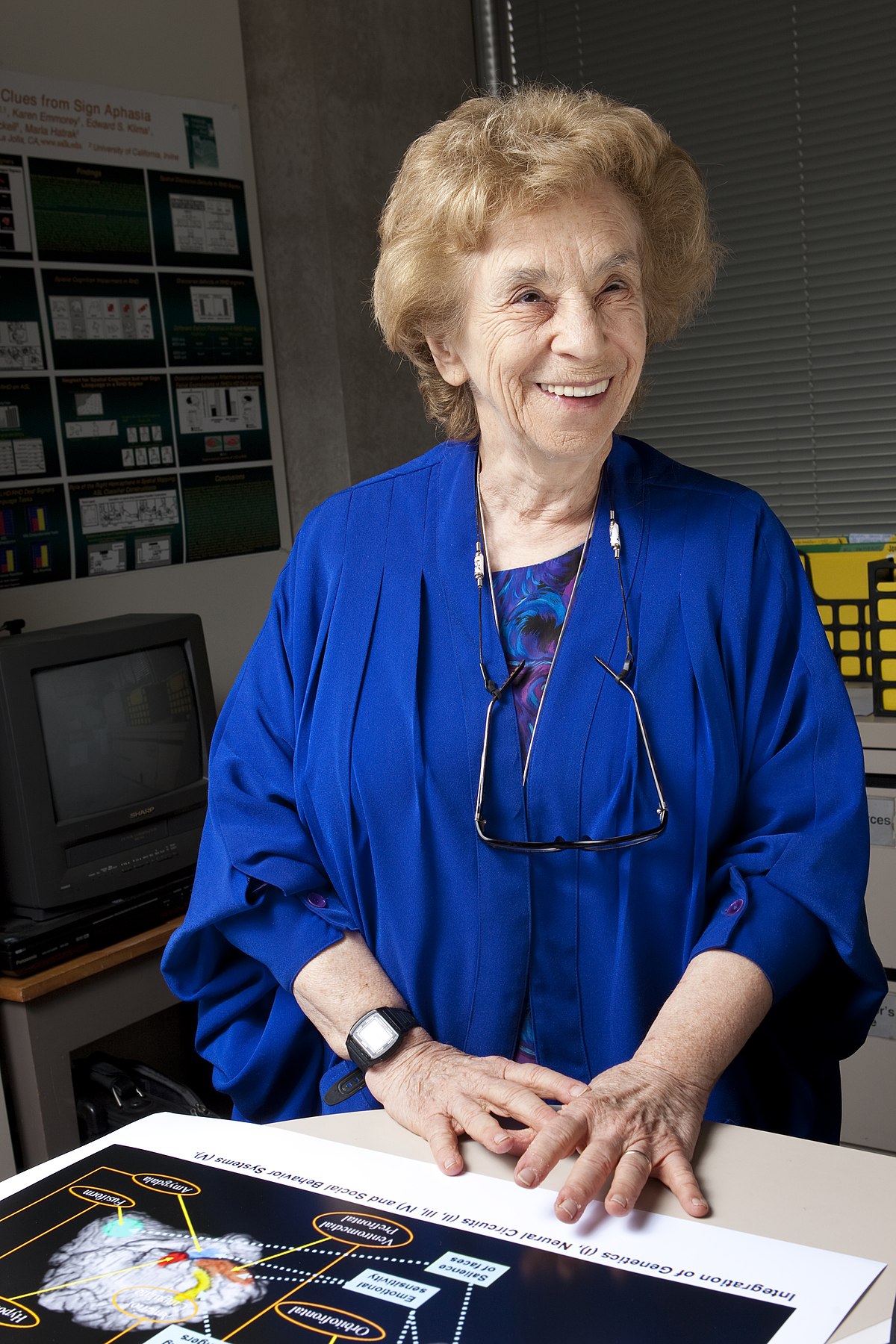
Williams syndrome is gaining wider popularity in the research field due to its unique characteristics and to the wealth of information, it is providing to the Human Genome Project.
It is impossible to provide a comprehensive list of active research projects. However, a list of many studies is available through the WS Registry. There are also several research centers around the United States and throughout the world specializing in research in the characteristics of Williams syndrome.
For more information, contact us or the WS Registry with inquiries on specific research topics that may not be listed here.
- Aging in Williams Syndrome
- Development of Behavioral Play Therapy for Anxiety for Children with Williams syndrome
- Mastery Motivation in Williams Syndrome and Down Syndrome
- Anxiety and WS Study at The Ohio State University
- Can Wearable Devices Detect Anxiety?
Research on Williams Syndrome Supported by the WSA
Carolyn Mervis, PhD, University of Louisville conducts clinical research studies at the primarily devoted to the cognitive processes in WS. Her team is conducting longitudinal studies of Language and Cognition in WS, as well as studies of language in very young children and the relationships between language, cognition and adaptive behavior in Williams syndrome.
“Williams Syndrome Research Acceleration Study”, Boston Children's Hospital is led by members of the Department of Cardiology, & Division of Genetics at BCH and the Departments of Pediatrics and Genetics at Harvard Medical School, BCH is conducting a multi‐disciplinary study involving four complimentary projects, with an aim towards better understanding the cardiovascular pathophysiology of patients with Williams syndrome, and improving the overall health and well‐being of patients with Williams syndrome.– “Williams Syndrome Research Acceleration Study” (3‐year study). Led by members of the Department of Cardiology, & Division of Genetics at BCH and the Departments of Pediatrics and Genetics at Harvard Medical School, this is a multi‐disciplinary study involving four complimentary projects, with an aim towards better understanding the cardiovascular pathophysiology of patients with Williams syndrome, and improving the overall health and well‐being of patients with Williams syndrome.
Barbara Pober, MD, Massachusetts General Hospital is conducting studies to help describe the body composition of adults with WS, and its affects on overall health.
Bonnie Klein-Tasman, PhD, University of WI-Milwaukee conducts research centered around the development of approaches to reduce anxiety and fear in children with Williams syndrome. Learn more about her current open study.
Bridgette Kelleher, PhD, Purdue University conducted a study called Project WellCAST. It was an NIH-funded clinical trial that aims to support caregiver well-being through supportive therapy, resources, and family friendly treatment.
Dr. Caroline G. Richter at the University of Alabama at Birmingham (UAB) is conducting a study to learn about children’s motivation to complete moderately challenging tasks and how that relates to academic achievement, language, cognition, and behavior in 6 to 21-year-olds who have Williams syndrome. Learn more about this study by clicking here: Mastery Motivation in Williams Syndrome and Down Syndrome.
Marisa H. Fisher, PhD, BCBA-D, MI State University conducts studies on characteristics of internet use of individuals with Williams syndrome.
Marilee Martens, PhD, Nationwide Children's Hospital, conducts research which is focused on musicality and anxiety management in individuals with Williams syndrome.
Daniel Dilks, PhD, Emory University conducts research to learn how adults with Williams syndrome understand their physical environment (i.e., recognize and navigate places), and their social environment (e.g., whether another person might be considered a friend or foe).
Eric Joyce, PhD, PENN School of Medicine is conducting research which is focused on new techniques for diagnosing WS via specialized FISH probes.
Barbara Landau, PhD, Johns Hopkins University conducts studies which delve into the cognitive processes of adults with WS. Present studies focus on spatial language, and object/motion perception.
Elisabeth Dykens, PhD, Vanderbilt University conducts studies into anxiety in teens and adults with Williams syndrome and is currently looking at Behavioral concerns and the use of music to see how they might interact.
Julie R. Korenberg, PhD, University of Utah conducts research into understanding the genetic underpinnings of Williams syndrome, and advancing development of better treatments.
Robert Schultz, PhD, Yale University School of Medicine conducts clinical research into the facial recognition skills of children and adults with WS.
Lucy Osborne, PhD, University of Toronto studies the human chromosome 7 locus, 7q11.23. Deletion and duplication of 7q11.23 both cause neurodevelopmental disorders with unique cognitive and behavioral profiles, which offer a window into the genetics of human behavior.
The Chromosome 7 Project is part of the Human Genome project and is currently underway at The Centre for Applied Genomics at the Hospital for Sick Children in Toronto, Canada. More information can be found at the Chromosome 7 Project
Robyn Thom, MD As a psychiatrist at the MGH Lurie Center for Autism, she specializes in diagnosing and treating comorbid psychiatric conditions in individuals with autism spectrum disorder and other developmental disabilities. She has a specific interest in the psychiatric care of individuals with Williams syndrome. Her research interests include psychopharmacology, anxiety disorders, Williams syndrome, medical comorbidity in adults with autism spectrum disorder, and the role of the immune system in autism spectrum disorder. Learn more about her study on ageing. Learn more about her study on Detecting Anxiety with Wearable devices
